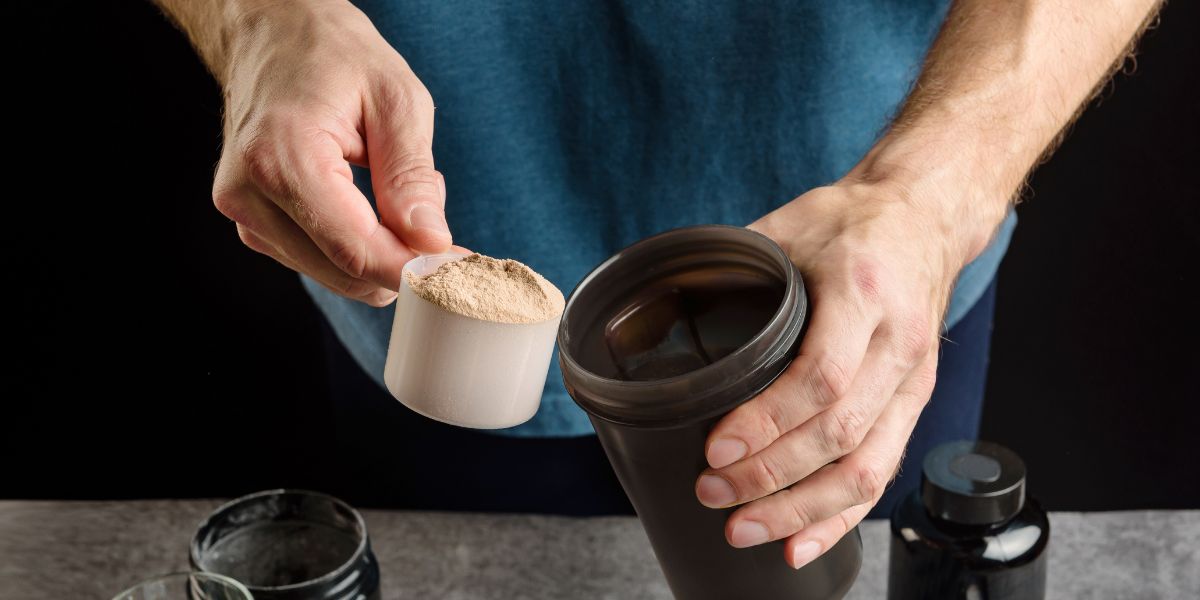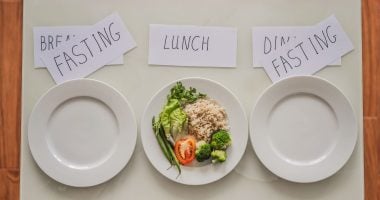Detox diets are frequently featured within the news. Whilst some of the principles of a detox diet are based upon healthy eating, we are advised to watch out for those making unfounded claims.
If you are considering a detox diet, it is advisable to consult your doctor, particularly if the diet involves taking supplements.
What is a detox diet?
A detox diet tends to refer to short term diets which claim to help remove a variety of environmental toxins.
Detox diets may typically vary in length between a few days to a few weeks.
A detox diet plan may include additional supplements as part of the plan.
It is advisable to check with your doctor before taking any supplements and, as certain diets can reduce our intake of specific nutrients
It is also advisable to first discuss any significant change in diet with your doctor.
Is a detox diet recommended?
The NHS does not recommend people rely on detox diets for a variety of reasons:
- They may be expensive
- Herbal ingredients may not have been tested for safety
- Herbal supplements may interact with medication
- Detox diets may not encourage people to stay healthy between ‘detoxes’
Examples of medications which may be affected by herbal supplements include warfarin and the contraceptive pill
Detox diets are no magic cure and healthy eating and exercise principles should be maintained as part of your daily lifestyle.
People with diabetes may also need to take caution with detox diets as some of the diets may include a higher carbohydrate intake than you may be used to.
- Read more on healthy diets for diabetes
Should I be eating superfoods?
In response to the number of unsubstantiated claims being made about certain foods being ‘superfoods’, the EU has banned use of the word unless the claims are backed up by credible research.
Research has consistently shown that eating a diet rich in a variety of vegetables and fruit to be beneficial to health and so this diet advice comes highly recommended.
Remember that certain fruits, particularly in the form of smoothies, can contain significant amounts of natural sugars so, if you’re in doubt, you can test your blood sugar levels before and after eating or drinking to see how different food or drink affects your blood glucose levels.
Is there any sense in a detox diet?
The effectiveness of specific, short term detox diets is highly debatable and the NHS has not endorsed any such detox diet.
With this said, it is possible to apply some of the principles of a detox diet to a long term healthy eating plan.
Many of the foods that frequently make it into the average British diet include processed and additive laden foods.
Examples include a lot of packaged red meats, certain ready meals and soft drinks.
Certainly few could argue that a long term healthy eating plan that replaces processed foods with fresh home prepared food is not a good route to strong health.
Are taking health supplements advised?
Vitamins and supplements can affect the body in a variety of ways.
Their may be risks associated with having too much or too little of certain vitamins and supplements which is why it’s advised that you first discuss your intentions with your doctor who will be able to advise you, taking into account your medical history as well as any medication you are on.











